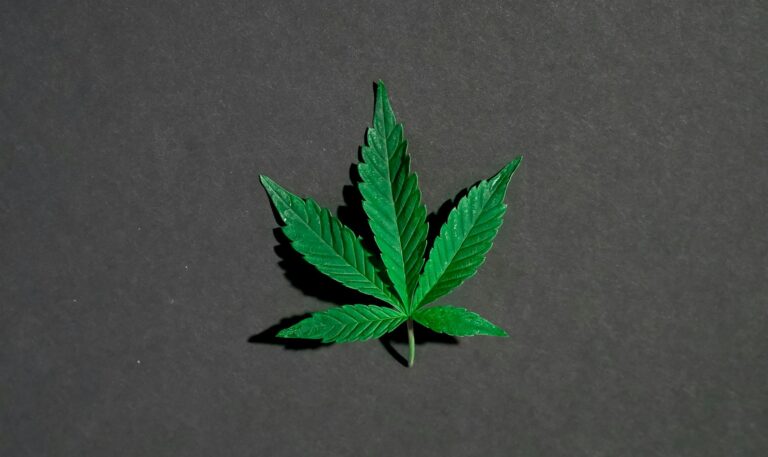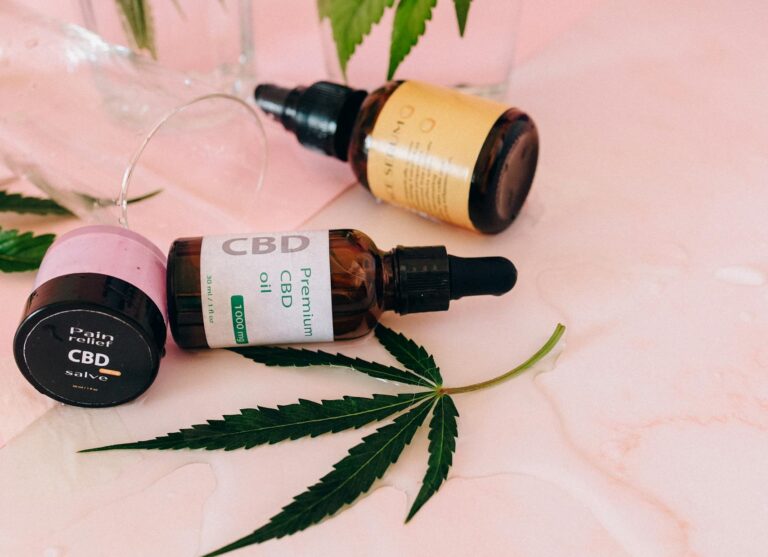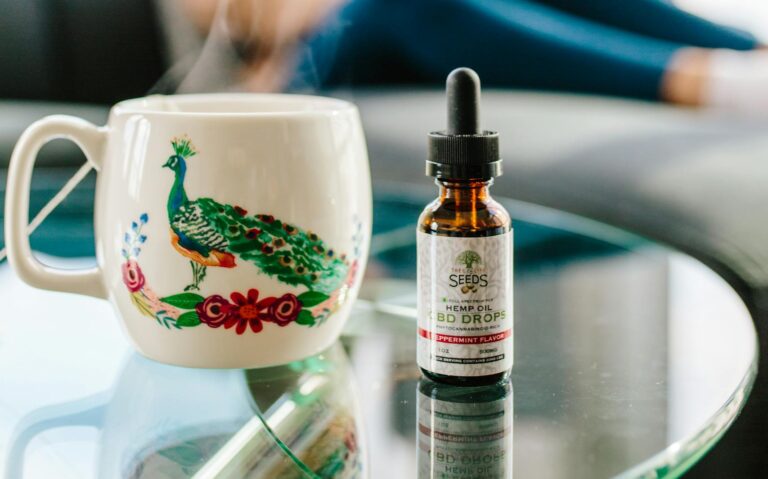Can You Build Tolerance to CBD Over Time?

The question arises for many users, whether new or seasoned: Can you build tolerance to CBD over time? As the popularity of CBD continues to surge, understanding its effects and how they might change with prolonged use has become a topic of great interest. This article will delve deeply into this pivotal question, exploring the science behind tolerance, personal experiences, and practical insights for anyone considering or currently using CBD.
Understanding Tolerance: The Basics of CBD Consumption
Before diving into the concept of tolerance specifically related to CBD, it’s essential to establish a foundational understanding of what tolerance means in the context of substance consumption.
What is Tolerance?
Tolerance refers to the body’s diminished response to a substance after repeated use. When an individual consumes a drug regularly, the body may adapt to its presence, requiring larger doses to achieve the same effect that was once experienced at lower dosages.
This phenomenon is not exclusive to cannabis or CBD but can occur with various substances, including alcohol, opioids, and caffeine. Understanding this concept is crucial when discussing CBD tolerance, as it provides context for how our bodies interact with cannabinoids.
How CBD Works in the Body
CBD, or cannabidiol, is one of the key compounds found in the cannabis plant. Unlike THC, CBD does not have psychoactive effects, meaning it doesn’t produce a “high.” Instead, CBD interacts with the endocannabinoid system (ECS), which plays a significant role in maintaining homeostasis within the body.
The ECS comprises a network of receptors throughout the body responsible for regulating various functions, including mood, pain sensation, and immune response. By interacting with these receptors, CBD can potentially influence many physiological processes and promote well-being.
The Role of Receptors in Building Tolerance
When CBD is consumed, it binds to specific receptors in the ECS. Over time, if the same dosage is used repeatedly, the body might start to downregulate these receptors, reducing their sensitivity to CBD. This process could lead to a situation where individuals feel they need higher doses of CBD to experience the desired effects.
The idea of receptor downregulation isn’t unique to CBD; it’s a common biological response observed in various substances. However, the degree and speed at which this occurs can differ based on individual factors such as genetics, frequency of use, and overall health.
Factors Influencing CBD Tolerance Development
While the possibility of developing tolerance to CBD exists, several factors can influence the speed and extent of this process. Understanding these variables can help users make informed decisions about their CBD consumption.
Individual Biology and Genetics
Every person’s body is unique, and genetic variations can significantly impact how CBD is metabolized. Some individuals may have genetic predispositions that affect their cannabinoid receptors, leading to different levels of sensitivity to CBD.
Additionally, metabolic rates can vary widely from person to person. For example, someone with a faster metabolism might process CBD more quickly, necessitating higher doses to achieve the same effects than someone with a slower metabolism.
Frequency and Dosage of Use
How often and how much CBD is consumed will play a critical role in tolerance development. Regular high-dose use may increase the likelihood of tolerance building compared to occasional low-dose use.
For instance, users who take moderate doses sporadically might maintain consistent effects without needing to increase their intake. To minimize potential tolerance, some users practice cycling their CBD usage—taking breaks between periods of use—or adjusting their dosage based on their current needs.
Method of Consumption
The way CBD is consumed can also impact tolerance. Different delivery methods—such as oils, edibles, vapes, or topicals—vary in their bioavailability (the proportion of the substance entering the bloodstream). This variation can affect how quickly and effectively CBD interacts with the body’s systems.
For example, vaping or sublingual oil may provide rapid onset effects, while edibles can take longer to process, leading to a prolonged experience. Users may find that certain methods allow them to achieve desired effects with lower overall dosages, potentially influencing the development of tolerance.
Managing and Mitigating CBD Tolerance
If you’re concerned about building tolerance to CBD, there are strategies to consider that can allow for continued benefits without necessitating increased dosages.
Cycling CBD Usage
One popular approach to manage or mitigate tolerance is cycling the use of CBD. This method involves taking regular breaks from CBD consumption to allow the body’s receptors to reset.
A common practice among users is to take CBD for a few days or weeks and then stop for a similar duration. This strategy can help maintain the effectiveness of CBD without the necessity of increasing your dosage over time.
Adjusting Dosage Responsibly
Another method to manage tolerance is to adjust the dosage responsibly. Tracking your responses to CBD and making minor adjustments to the amount consumed can be beneficial.
Listening to your body and being mindful of any changes in how you feel can guide your dosing. For instance, if you’ve noticed a decrease in the effectiveness of your current dosage, it may be time to consider taking a break or lowering your frequency of use rather than simply ramping up the dosage.
Incorporating Other Cannabinoids
Some users have found that incorporating other cannabinoids into their regimen can help maintain the desired effects without developing tolerance to CBD specifically.
Cannabis contains various cannabinoids, including THC, CBG, CBN, and more. Each interacts differently with the body’s endocannabinoid system. A balanced approach that combines these compounds may provide holistic benefits while reducing the likelihood of developing tolerance to any one specific cannabinoid.
Real-Life Experiences: User Perspectives on CBD Tolerance
Personal experiences provide valuable insight into the question of CBD tolerance. Many users report varying degrees of tolerance development based on their individual circumstances.
Anecdotal Evidence from Regular Users
Regular users of CBD often share mixed experiences regarding tolerance. Some report that after several months of daily use, they began to notice the effects were less pronounced, prompting them to increase their dosage to achieve the same results.
Conversely, others claim they have maintained a steady effect over extended periods without needing to increase their intake significantly. These varied accounts highlight the importance of personal biology and usage patterns in determining tolerance development.
Personal Accounts of Tolerance Management
Many experienced users suggest adopting a personalized approach to CBD consumption to avoid tolerance issues. For instance, rotating between different strains or formulations every so often can provide a fresh experience and prevent the body from becoming accustomed to a specific product.
Some even advocate for taking periodic breaks, allowing their bodies to reset. Reports indicate that returning to prior dosages after a break often yields positive results, further emphasizing the significance of body awareness and adaptability in managing tolerance.
Exploring Community Insights
Online communities and forums dedicated to CBD discussions are filled with anecdotes and shared insights that can illuminate the diverse experiences users encounter regarding tolerance. Conversations often revolve around tips for maintaining effectiveness, user stories about cycling approaches, and recommendations for combining products.
This collective knowledge contributes to a broader understanding of tolerance dynamics, reinforcing the notion that everyone’s experience with CBD is unique and subject to a range of influences.
FAQs
What is CBD tolerance, and how does it develop?
Tolerance to CBD occurs when the body becomes less responsive to its effects due to regular use. Factors such as individual biology, frequency, dosage, and method of consumption can all contribute to tolerance development.
Can I prevent CBD tolerance from building over time?
While complete prevention may not be possible, strategies like cycling use, responsibly adjusting dosages, and incorporating other cannabinoids can help manage and mitigate tolerance.
How long does it take for tolerance to CBD to develop?
The timeline for developing tolerance can vary significantly depending on individual factors. Some people may notice changes in effectiveness within a few weeks, while others may maintain their sensitivity for months.
What should I do if I feel my CBD is losing effectiveness?
If you find that your CBD is less effective, consider taking a break from use, adjusting your dosage, or trying new formulations or combinations of cannabinoids to refresh your experience.
Is it safe to consume CBD daily?
Daily consumption of CBD is generally regarded as safe for most people, but individual reactions can vary. It’s important to monitor your body’s responses and consult with a healthcare professional if you have concerns about prolonged use.
Conclusion
The potential for building tolerance to CBD over time is a complex issue influenced by various factors, including individual biology, usage patterns, and method of consumption. By understanding the dynamics of tolerance, users can adopt strategies to manage their CBD use effectively. Whether through cycling, adjusting dosages, or exploring different cannabinoids, maintaining a balanced approach can help enhance the efficacy of CBD and ensure a beneficial experience over time.






